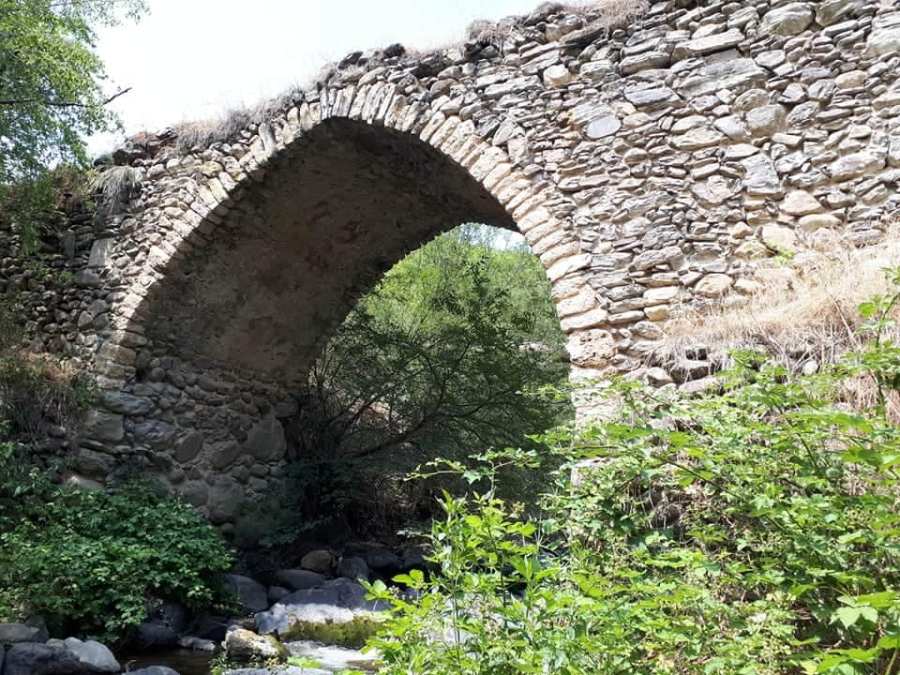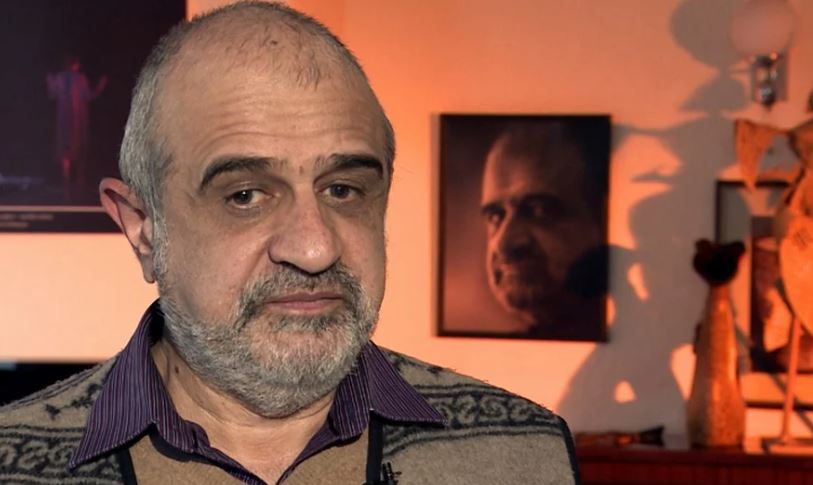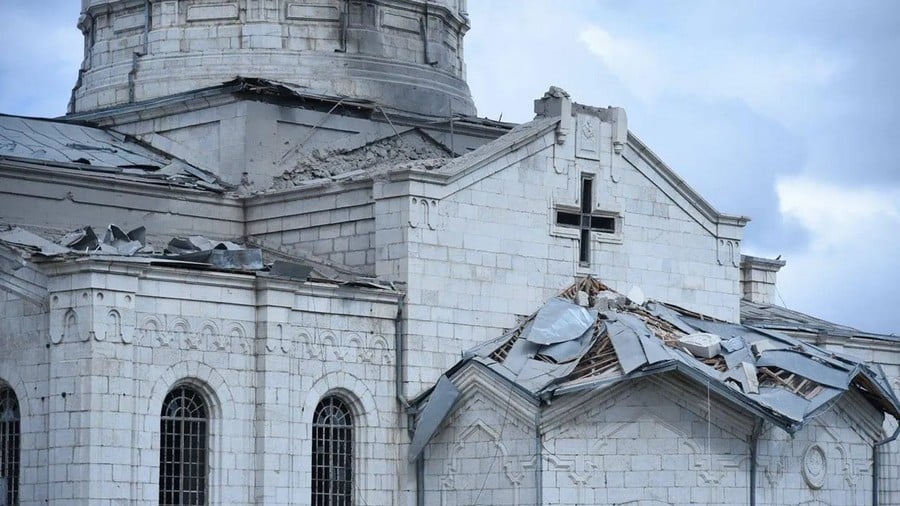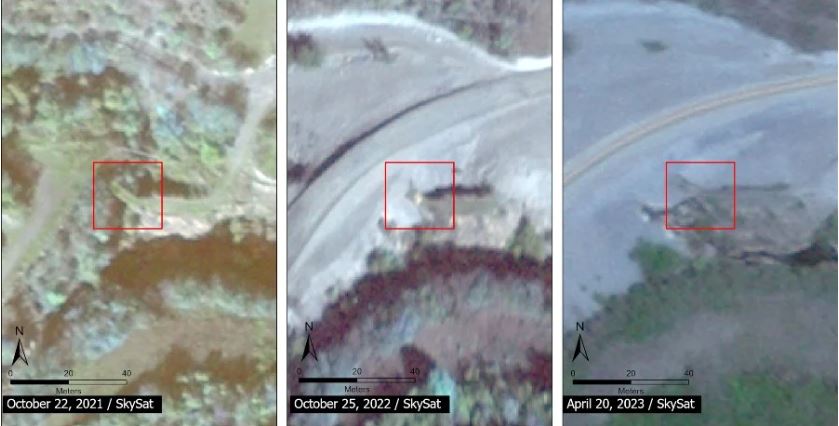Any invader or conqueror aiming to continuously expand the boundaries of his dominion, after each conquest, or destruction, hurries to destroy the spiritual identity of the conquered territory as well so that he can dissolve or disappear an entire people, nation.
Today, it seems there are no empires, but there are rulers who turn their “invasions” into economic blockades, various sanctions, etc; but always, one thing remains unchanged: if you want to destroy a country thoroughly, destroy its national culture.
Such a way of working is specific to Azerbaijan-for example, the shelling of the Holy All Savior Ghazanchetsots Church of Shushi, the destruction of Armenian graves, or the destruction of the works of our contemporary sculptors installed at the entrance to the Museum of Fine Arts in Shushi. By the way, the fate of the museum’s collection remains unknown. A few days ago, the State Service for the Protection of the Historical Environment of Artsakh spread the news about the destruction of the Bridge of Halivor, along with photos taken from space. And what are we doing, or what should we do to prevent cultural barbarism? We heard director- producer Ruben Babayan’s opinion on these issues, whose speech we presented without interference.
Read also

“Time constantly changes form. Even today, there are empires in different forms. Strong empires today are interested in other countries and peoples’ economic development, well-being, etc. Those countries that try to preserve their former condition are doomed. Recent events in the world are the best proof of this. Let’s talk about culture. Preserving culture is no less important than creating culture itself.
Moreover, preserving culture places you in the civilized field, and today developed countries and nations understand that by protecting another’s culture, they simultaneously become owners of that culture, and by destroying another’s culture, they record that they are not even worthy of their own culture. They do not preserve culture based on political expediency. The preservation of other people’s culture is the passport of your nation, where it is written in black and white: are you a barbarian or a civilized people? In the last century’s world history, we have encountered many cases when nations destroyed even their own culture.
Let’s remember what happened in the Soviet years in the name of fighting against religion, how the Taliban movement destroyed Buddhist sculptures in Afghanistan, and what happened in Syria. If the Blue Mosque operates in the center of Yerevan, it is a part of our culture. If we preserve it, we prove that we own not only our national cultural heritage but also the culture of foreign nations.
Countries are like people; some try to establish themselves at the expense of others, and there are people who, to raise their reputation, think that the other person represents nothing of themselves. But suppose an individual professes such an approach, which we can despise. In that case, such an approach of the country and the people is condemnable and, first of all, discredits the desire of that country and people to appear civilized. Now about our shortcomings: our cultural heritage has often acted as proof for us that the territory is ours, which we did not need to prove.
For example, the cemetery of Old Jugha was destroyed because of such rumors; The Patriotic Union spoke about it at least once a week and Azerbaijan decided and eliminated it. And as if we calmed down, while we should have tried to cooperate with the Azerbaijani authorities, saying that we have no territorial claim and the only concern is to preserve the heritage, which would also bring honor to the Azerbaijani authorities. But our task was different: to prove that a Turk remains a Turk. As a result, we lost. It was only recorded that it was barbarism. And what did we win? It is something to think about.”
Samvel DANIELYAN
“Aravot” daily, 16.06.2023
























































